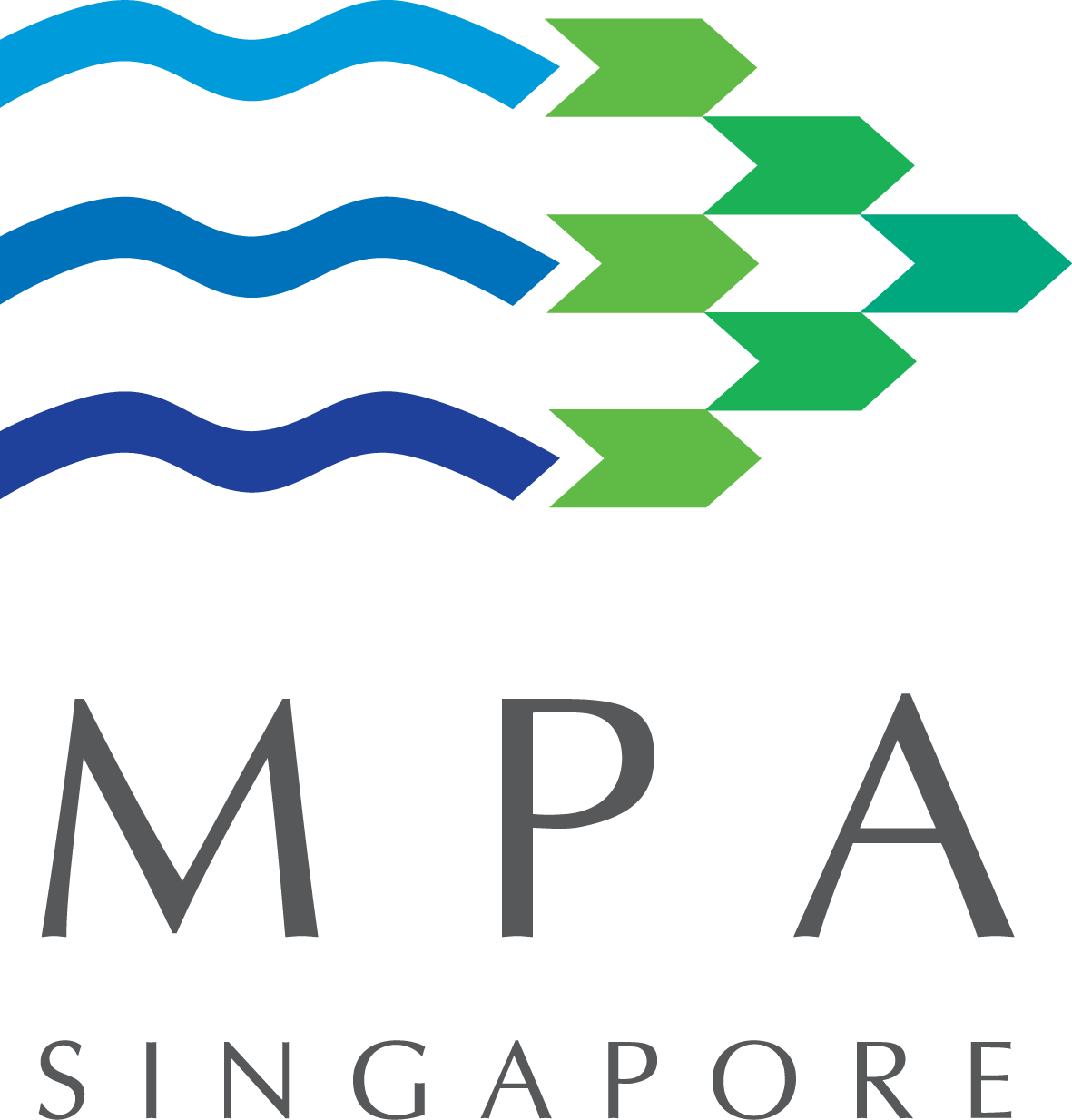SPEECH BY MR PANG KIN KEONG, PERMANENT SECRETARY, MINISTRY OF TRANSPORT, AT THE WELCOME RECEPTION OF THE 4TH MARITIME PUBLIC LEADERS' PROGRAMME, AT THE PINNACLE PSA BUILDING, 13 OCTOBER 2014, 6.45PM
Mr Andrew Tan
Chief Executive, Maritime and Port Authority of Singapore (MPA),
Professor Wang Rong
Chair, School of Civil and Environmental Engineering, Nanyang Technological University (NTU),
Distinguished Guests,
Ladies and Gentlemen,
Good evening.I am pleased to join you here, and to welcome you to the 4th Maritime Public Leaders' Programme.
These past few years have been difficult ones for international shipping. Shipping companies have been grappling with high fuel cost, tonnage overcapacity and environmental pressures, to name a few challenges. However, there are also bright spots on the horizon.
For one, although uncertainties remain, the global economic situation continues to improve and world trade is growing in tandem. In particular, the Asia-Pacific region is proving to be a key driver of growth.
Asia's middle class is fuelling the world's appetite for goods, energy, and raw materials. New leaders at the helm are heeding their peoples' aspirations and have made economic growth a priority. As a whole, developing economies in Asia are growing at 6.5%, far above what other regions are forecast to achieve. These strong growth prospects will spur the continued growth of global trade volumes.
But as trade grows, so will the pressures on port infrastructure. Apart from the capacity crunch created by increased cargo volumes, we will also have to cope with the advent of ultra large container vessels, which are more demanding on port infrastructure and also raise the complexity of transhipment operations.
To ensure that we can make the most of economic growth opportunities, it is important therefore that development of port infrastructure keep pace with such challenges.Ports and regulators need to take the long-term view and plan for timely investments in infrastructure expansion and new technologies.
In Singapore's context, the expansion of our Pasir Panjang Terminal will provide additional capacity for the immediate term, and you will be able to see out the window from here the first few operational berths.
In the longer term, we are developing a Next Generation Port at Tuas, where we will consolidate all of our container terminal operations at a single location. We hope this will increase efficiency through greater economies of scale and provide the opportunity to introduce new technology and processes to meet the future challenges of container shipping. We envisage our Next Generation Port to be a highly-automated, highly-efficient port. It should also be a sustainable, green port, tapping renewable energy sources like solar power to reduce its environmental footprint.
Many of these technologies are under active research and development, and some are being test-bedded in our existing port environment. You will have the opportunity to see some of these projects when you visit the port later this week.
These are just some examples of the opportunities and challenges that we face as a community. This Maritime Public Leaders' Programme, and equally importantly your interactions with fellow participants, will give you the opportunity to explore them in greater scope and depth. In addition, Singapore would be pleased to share our own projects, experiences and ideas. The challenges and opportunities we face are multi-faceted: as a hub port, a flag state, an International Maritime Centre, and also as a littoral state of a busy waterway. Hopefully, our experiences will be of value to your discussions.
Ladies and gentlemen, Singapore's development journey in our 50 years of history has benefited much from timely and well-delivered technical assistance from other countries and governments. Hence, we firmly value such opportunities for mutual training and sharing. As Andrew mentioned earlier, we have recently repositioned the MPA Academy to step up our efforts in this regard, and I invite you and your colleagues back home to make the most of the training opportunities that the Academy will have to offer.
In closing, let me thank the co-organisers, MPA and NTU, who have worked tirelessly to put together the 4th edition of the MPLP.I hope you will find the Programme useful and relevant.
Thank you, and I wish you a pleasant evening.
